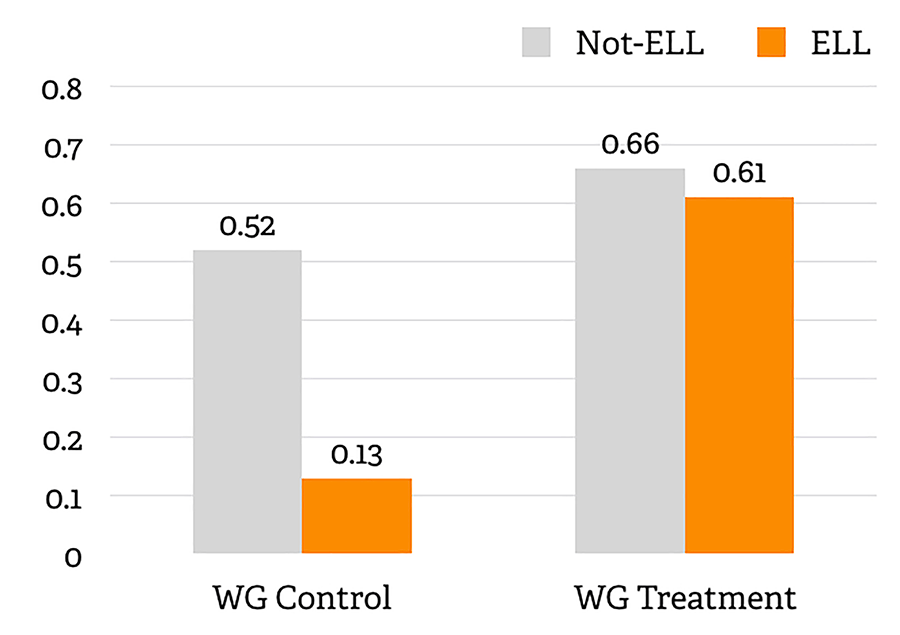WordGen Weekly with English Learners
Learn more about " Advancing Academic Language for All!" (Supplemental Activities to Support ELs)Effectiveness for English Learners
Perspective Positioning
Advancing Academic Language for All! (AALA)
Resources and Activities in Each Unit of AALA:Aligned to WordGen Weekly Series 3
Annotations for Teachers
Development of Word Generation was led by Catherine Snow (Harvard University) and Suzanne Donovan (SERP). Major SERP contributors to program development include: Claire White, Alyse Krantz, Halley Wheeless, Matt Ellinger, David Dudley, and Patrick Hurley. Boston Public Schools and other districts in Massachusetts and Maryland collaborated with SERP to develop Word Generation.
Support for Word Generation was provided by the Carnegie Corporation of New York, the William and Flora Hewlett Foundation, the Noyce Foundation, the Spencer Foundation, the Leon Lowenstein Foundation and the Institute of Education Sciences, U.S. Department of Education through grant numbers R305A090555 and R305F100026. The information provided does not represent views of the funders.
Strategic Education Research Partnership
SERP Institute
1100 Connecticut Ave NW
Suite 1310
Washington, DC 20036
(202) 223-8555
Registered 501(c)(3). EIN: 30-0231116








